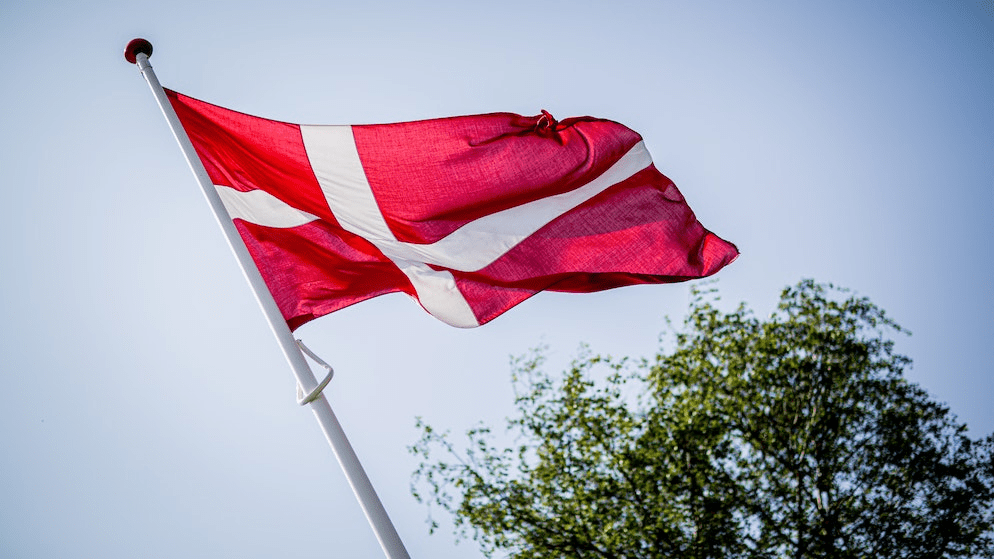danish gambling revenue is strong
Online Gambling In Denmark Reports Better Numbers Than Land-Based Counterparts
Last updated on June 17th, 2025

The official Danish gambling regulator, the Spillemyndigheden, has issued a report showing strong numbers and a steady incline of gambling revenue through all industry sectors. And this is despite several sectors noticing a somewhat concerning drop in their year-to-year gambling revenue.
More specifically, the report shows that online casinos, land-based casinos. sports betting, and gaming machines all notice a year-to-year increase in revenue of 14%, or from €70.4m (DKK 525M) in March 2022, to €80.4m (DKK 599m) in March 2023.
Out of all sectors, with 38% sports betting has the highest growth, or from €20.8m (DKK 155m) to €28.7m (DKK 214m), while online casino gaming registered a 14% growth, or from €30.3m (DKK 226m) to €34.5m (DKK 257m).
Land-based casinos and gaming machines, on the other hand, registered a somewhat worrying decline of 6%, or from €4.5m (DKK 34m) to €3m (DKK 23m) for the former, and from €14.7m (DKK 110m) to €13.8m (DKK 103m) for the latter.
And the same trend continued in April as well. More specifically, online casino gaming went from €32.4m (DKK 242m) to DKK 257m, up 6.3%. Sports betting increased 11% year-on-year, from €29.8m (DKK 222m) to €33.1m (DKK 247).
However, Land-based casinos and gaming machines are still on the decline. Specifically, land-based casino revenue notices a decline of 8.9% from €4.7m (DKK 35m) to €4.3m (DKK 32m). Gaming machines revenue reports a decline of 6.7% from DKK 110m to DKK 103m.
Consequently, the total Danish gambling revenue for April 2023 amounts to €85.75m (DKK 639), which is a 4.8% increase when compared to April 2022, when the GGR stood at €81.7m (DKK 609m), showing strong gambling revenue throughout the year, despite the drops in several sectors.
Last, but not least, the Spillemyndigheden also issued a report regarding the number of Danish gamblers that used the services of the national self-exclusion program called the ROFUS. In particular, the numbers show an increase in self-exclusion by 2.029 players, or from 40.000 in March, to 42.029 in April.



